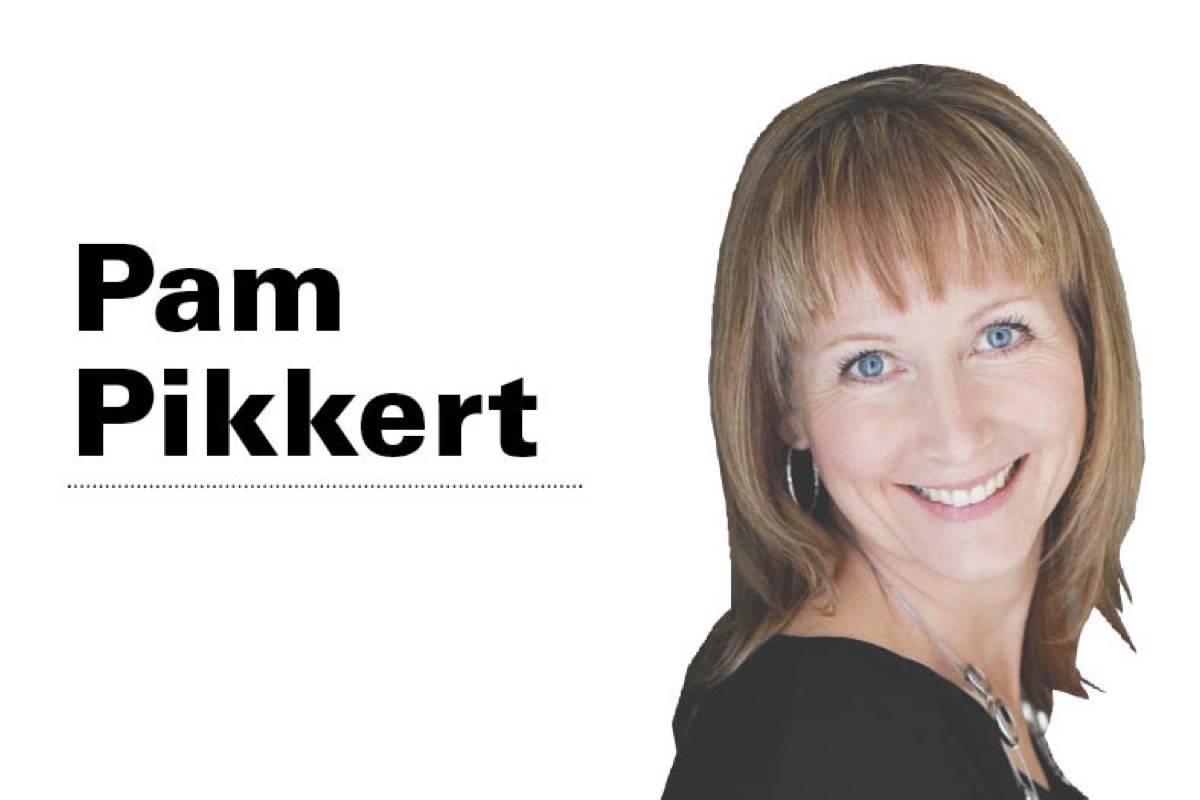It is a well-known fact that when you purchase a home you will have to provide a down payment.
But what we also need to be aware of are the closing costs. What are closing costs you ask? Let’s take a closer look.
The minimum down payment needed to purchase a home is 5% in Canada. These funds can come from a wide variety of sources including but not limited to:
• savings
• RRSP
• a gift
• sale of an asset
• inheritance
Even if you have purchased a home with 5% in the past you are still able to purchase with 5% down.
You will pay the mortgage default insurance premium every time you do so. This amount is added to the mortgage.
In addition to the down payment you will be required, depending on your mortgage provider, to show that you have up to 1.5% of the purchase price available to you for the closing costs.
On a $300,000 home for example that is $15,000 for the down payment and an additional $4,500 for the closing costs.
The reason is this. There are costs you will incur to close the mortgage and they need to make sure you have sufficient resources to do so.
1. Legal fees – mortgages must be closed through a lawyer. They will ensure the property is transferred to your name, the loan is registered and a whole bunch of other necessary steps. There are costs to registering the mortgage, transferring the funds and the other things which will be wrapped up within your legal bill.
2. Title insurance – the vast majority of mortgage lenders require title insurance. Title insurance has come to replace real property reports in many cases as it is easier to obtain and much less expensive.
It is an insurance policy to protect you and the lender. For example, if a garage was placed where it shouldn’t be and is encroaching on the neighbor’s property, title insurance will cover the costs of getting the easement to allow it or in the worst case to move it.’
3. Property tax adjustment – if the person you are purchasing the home from has paid the full year’s worth of property taxes then this amount has to be settled up at the time of closing.
4. Home inspection – a home inspection is not a requirement for the majority of banks but are done on almost all purchases I see.
5. Appraisal – if you are purchasing through a private sale, buying an acreage, or putting more than 20% down you may have to pay for an appraisal.
This can also be triggered if the lender’s valuation system does not support the value as presented.
6. Deposits on utilities – depending on your credit situation there may be deposits required for the utilities.
There is quite a spectrum when it comes to closing costs with the different mortgage lenders.
Some require the cash and nothing but the cash will do. Others will take a look to see if you have sufficient credit availability. Some require only .5% and others 1% though the official guidelines all state 1.5% to be verified.
Some will allow us to provide a letter from your lawyer to confirm that amount and as long as you are able to prove you have that amount you are good.
As always, a qualified mortgage professional is your best bet to navigate the labyrinth of mortgage rules. Have a great week!
Pam Pikkert is a mortgage broker with Mortgage Alliance – Regional Mortgage Group in Red Deer.



